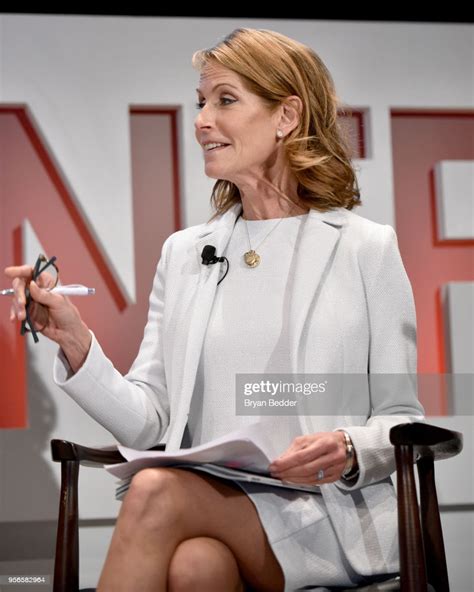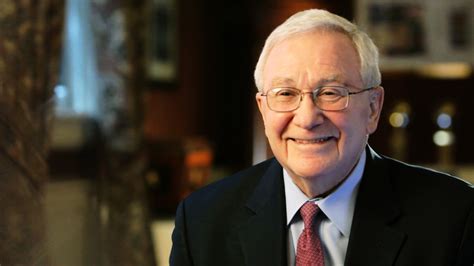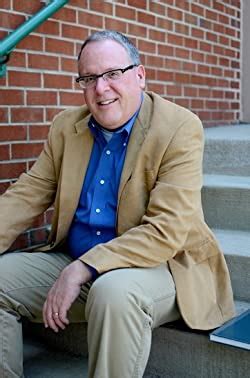A Quote by Judy Tatelbaum
Though we may not always be able to avoid pain, we can choose how much we suffer.
Related Quotes
I want to make it clear, though, that I am not trying to say these are bad drugs. Opioid medications in the short term for severe pain are very effective. The problem is when they are used for long-term chronic pain. No one wants anyone to suffer and be in pain. But realize how addictive these drugs are and get off of them as quickly as you can. So 'Warning: This Drug May Kill You' is really more about educating people about these drugs so that everyone can make their own decision about their pain versus the addictive nature of these drugs.
We have to understand in order to be of help. We all have pain, but we tend to suppress it, because we don't want it to come up to our living room. the most important thing is that we need to be understood. We need someone to be able to listen to us and to understand us, then we will suffer less, but everyone is suffering, and no one wants to listen. We don't know how to express ourselves so that people can understand. because we suffer so much, the way we express our pain hurts other people, and they don't want to listen.
To love is to suffer. To avoid suffering one must not love. But then one suffers from not loving. Therefore, to love is to suffer; not to love is to suffer; to suffer is to suffer. To be happy is to love. To be happy, then, is to suffer, but suffering makes one unhappy. Therefore, to be happy one must love or love to suffer or suffer from too much happiness.
Stress does not cause pain, but it can exacerbate it and make it worse. Much of chronic pain is 'remembered' pain. It's the constant firing of brain cells leading to a memory of pain that lasts, even though the bodily symptoms causing the pain are no longer there. The pain is residing because of the neurological connections in the brain itself.
Pain or perspective, that's the choice.' . . . You choose pain - you choose to fight it, deny it, bury it - then yes, the choice is always hard. But you choose perspective - embrace your history, give it credit for the better person it can make you, scars and all - the choice gets easier every time.
In the space between stimulus (what happens) and how we respond, lies our freedom to choose. Ultimately, this power to choose is what defines us as human beings. We may have limited choices but we can always choose. We can choose our thoughts, emotions, moods, our words, our actions; we can choose our values and live by principles. It is the choice of acting or being acted upon.
Though freedom and wealth are both good things which most of us desire and though we often need both to obtain what we wish, they still remain different. Whether or not I am my own master and can follow my own choice and whether the possibilities from which I must choose are many or few are two entirely different questions. The courtier living in the lap of luxury but at the beck and call of his prince may be much less free than a poor peasant or artisan, less able to live his own life and to choose his own opportunities for usefulness.
No matter how frustrated you may feel, there is always a way out. In every situation that arises, we choose to be powerful or powerless. It may not always feel like it, but it is a choice. And there are consequences for these choices in terms of the results we get, and the subsequent increase or decrease in our power and influence. If we choose powerlessness, it is often because we doubt there is any other option.



































